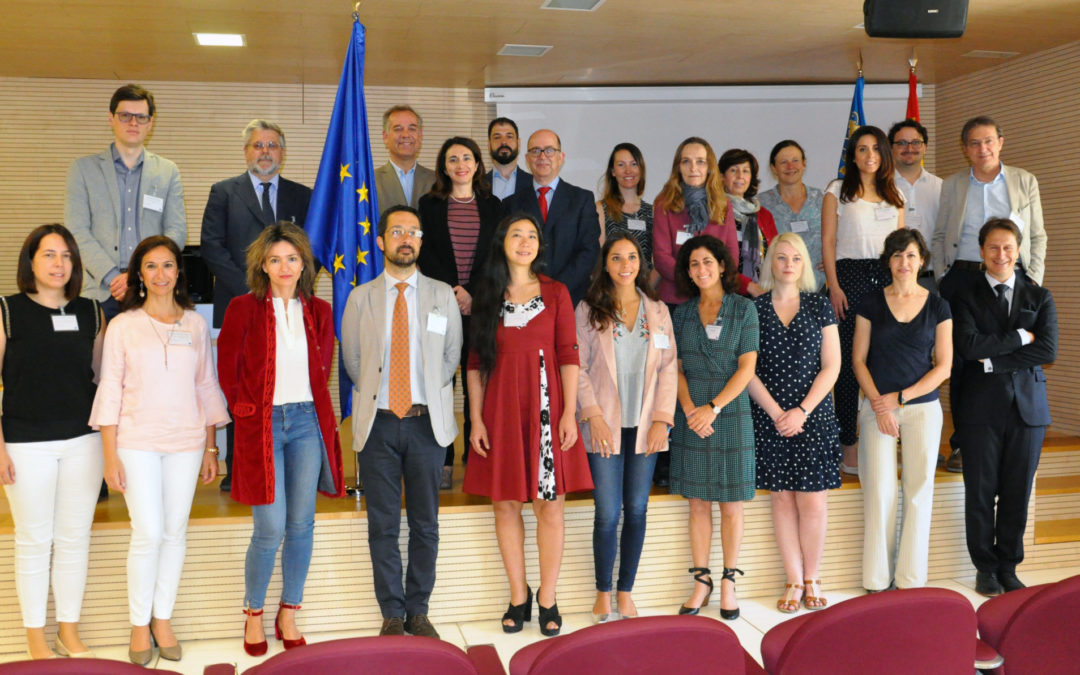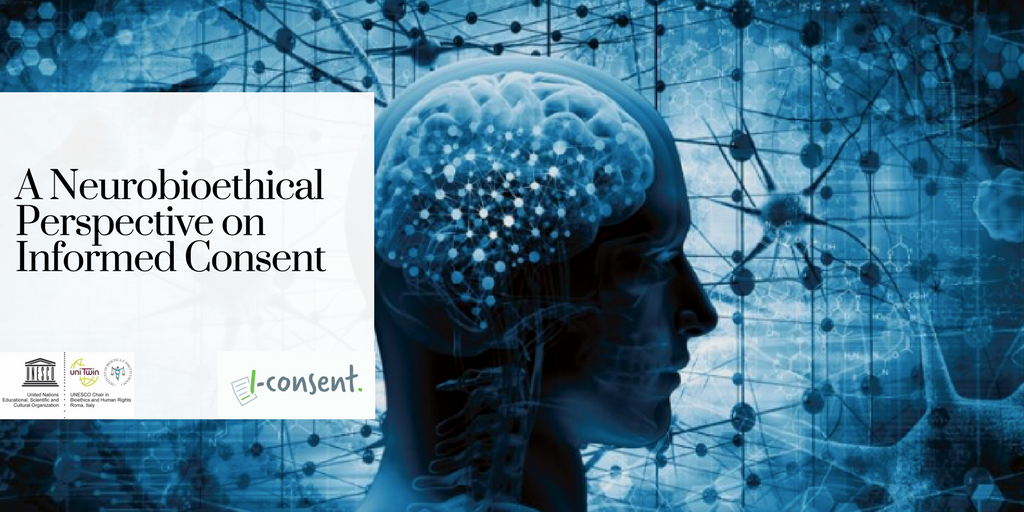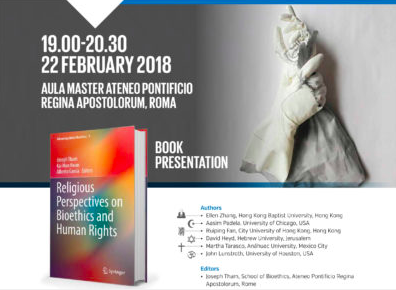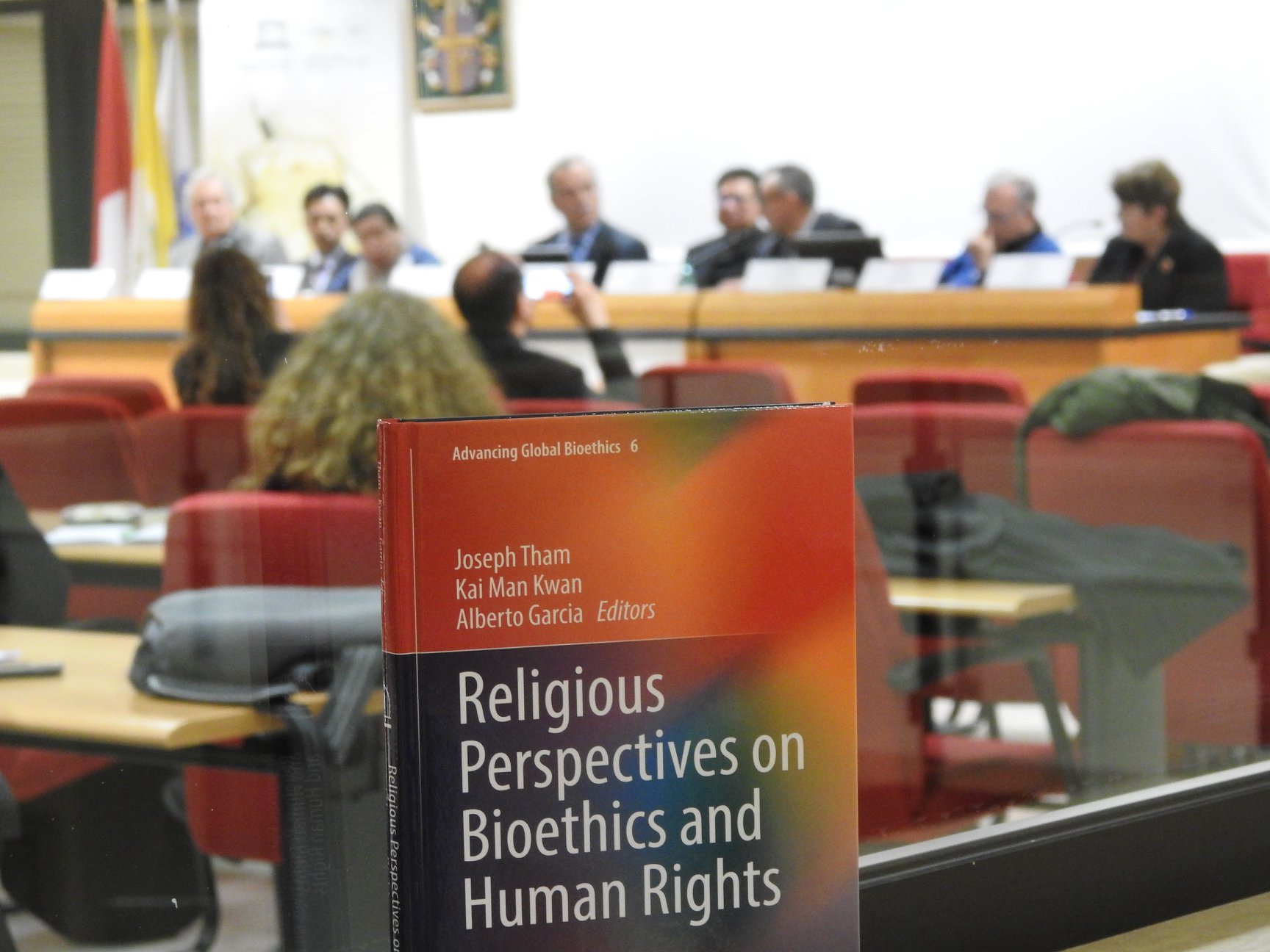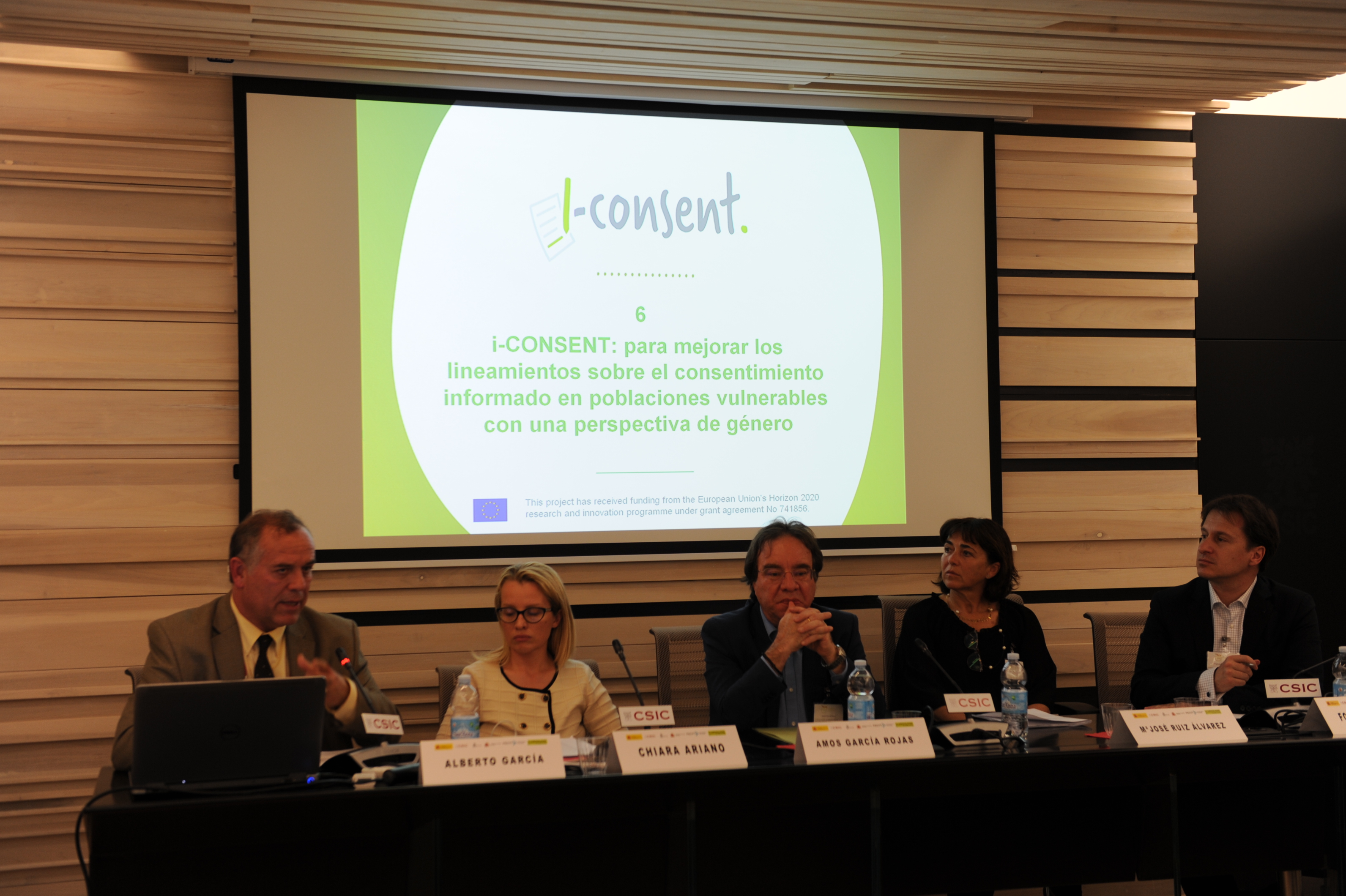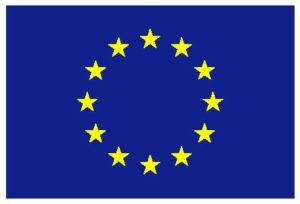The Project
The informed consent (IC) process allows the subject to voluntarily decide whether or not his/her participation in research.
Autonomy of the patient in the decision of having a medical procedure or participating in clinical research is of major importance. Here’s why:
Generally, ICs are difficult to read documents that do not include all stakeholders’ perceptions. Therefore, informative IC should be a process that include needed information under a gender and age perspective, more importantly if these are vulnerable populations.
Therefore, the main objective of I-Consent is to develop guidelines on how to present IC to citizens, so that these are comprehensive and facilitate participation of citizens in research.
‘Contributing in this project is developing a new way of understanding the IC process that reflects the needs and interests of all stakeholders for different therapeutic areas. The guidelines we will develop will be inclusive (with a gender, age and cultural perspective) to ensure autonomy and improve understanding. This will facilitate the participation of citizens in research’ (Jaime Fons Martínez, coordinator at the I-CONSENT project)
In particular, our UNESCO Chair will explore and analyze baseline knowledge of IC for the development and validation of ethical issues concerning informed consent in translational/clinical research and vaccination. The ethical reflection will focus on the pluralistic, multicultural and interreligious discussion regarding the ethical requirements of informed consent for vaccination addressed with specific attention to age (children/teenagers), gender (female) and status (pregnancy). Through this project “we’ll work on identifying ethical gaps and challenges between current EU and National regulations about IC and daily research and clinical practice, thereby offering to the EU citizens solutions to fill up those gaps, from an integral and solidary humanist perspective. By doing so we expect to inform and enlighten ethical, legal and public opinion, decisions and actions relative to medicine, life sciences and human rights and responsibilities. This is our mission and we are happy and honored to participate in collaboration with other I-CONSENT Partners (Alberto García Gómez, Director of UNESCO Chair in Bioethics and Human Rights)
Specific objectives of I-Consent:
- Identify gaps, barriers and challenges, and prioritize needs, requirements and areas for action in the process of IC
- Develop tailored strategies to inform the development of informed consent
- Create and validate guidelines to develop comprehensive IC that improve citizens’ participation in research.
The I-Consent project was granted within the Horizon 2020 Program of the European Union after a competitive one stage selection process. The project started with a kick-off meeting in Valencia (Spain) on the 11th & 12th of May 2017 and will be funded for three years.

